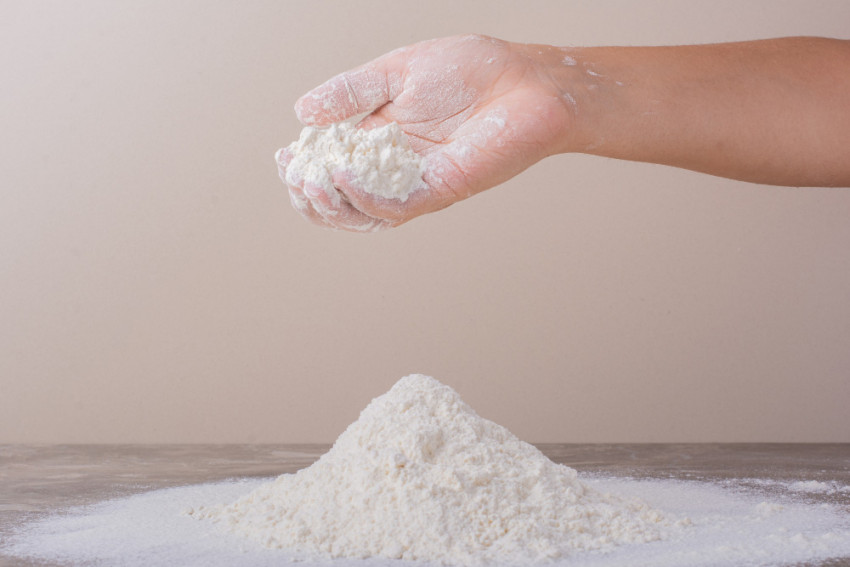
Talc powder, derived from the naturally occurring mineral talc, has become an indispensable ingredient in the polymers industry. With its unique physical and chemical properties, talc powder offers a multitude of benefits in polymer production and processing. This article explores the versatile role of talc powder in the polymers industry, highlighting its contributions to enhancing polymer performance, improving processing efficiency, and promoting sustainability.
Enhancing Mechanical Properties: Talc powder serves as a reinforcing filler in polymers, improving their mechanical properties. When incorporated into polymer matrices, talc particles act as a strengthening agent, enhancing stiffness, tensile strength, and impact resistance. This not only results in stronger and more durable polymers but also enables the development of lightweight materials with high strength-to-weight ratios. By fine-tuning the talc powder content, manufacturers can tailor the mechanical properties of polymers to meet specific application requirements.
Increasing Heat Resistance: The exceptional thermal stability of talc powder makes it an ideal additive for polymers that require heat resistance. Talc particles act as insulating barriers, reducing heat transfer within the polymer matrix. This property is particularly valuable in industries such as automotive, electronics, and construction, where polymers are exposed to elevated temperatures. By incorporating talc powder, manufacturers can enhance the heat resistance of polymers, allowing them to withstand demanding operating conditions without compromising structural integrity.
Improving Dimensional Stability: Polymers tend to exhibit dimensional instability, such as shrinkage or expansion, during processing and use. Talc powder effectively addresses this challenge by improving the dimensional stability of polymers. The plate-like structure of talc particles acts as a barrier, restricting polymer chain movement and reducing the likelihood of shrinkage or expansion. This property enables tighter control over the final dimensions of molded parts and contributes to the production of precision components in various industries.
Facilitating Processing Efficiency: Talc powder's lubricating and anti-sticking properties make it an invaluable aid in polymer processing. By reducing friction between polymer particles and processing equipment, talc powder facilitates smooth flow, preventing equipment clogging and enhancing processing efficiency. Moreover, talc powder's low surface energy reduces the adhesion of polymers to molds and extrusion dies, improving demolding and reducing the risk of surface defects. This enables faster production cycles, higher throughput, and improved overall manufacturing productivity.
Promoting Sustainability: Talc powder offers sustainability advantages to the polymers industry. Due to its abundance and natural origin, talc is a cost-effective and environmentally friendly filler compared to synthetic alternatives. Incorporating talc powder in polymers also enables material lightweighting, which reduces energy consumption during transportation and decreases the environmental impact of the end products. Additionally, talc powder's inherent heat resistance and dimensional stability contribute to the longevity and durability of polymers, further promoting resource efficiency and waste reduction.
Conclusion: Talc powder plays a versatile and crucial role in the polymers industry, offering a range of benefits including enhanced mechanical properties, increased heat resistance, improved dimensional stability, and facilitated processing efficiency. Its unique combination of physical and chemical properties enables manufacturers to develop high-performance polymers for diverse applications. Moreover, talc powder's sustainability advantages contribute to the industry's efforts toward environmental responsibility. As the demand for advanced polymers continues to grow, talc powder remains an essential ingredient for achieving enhanced performance, increased productivity, and a greener future in the polymers industry.




